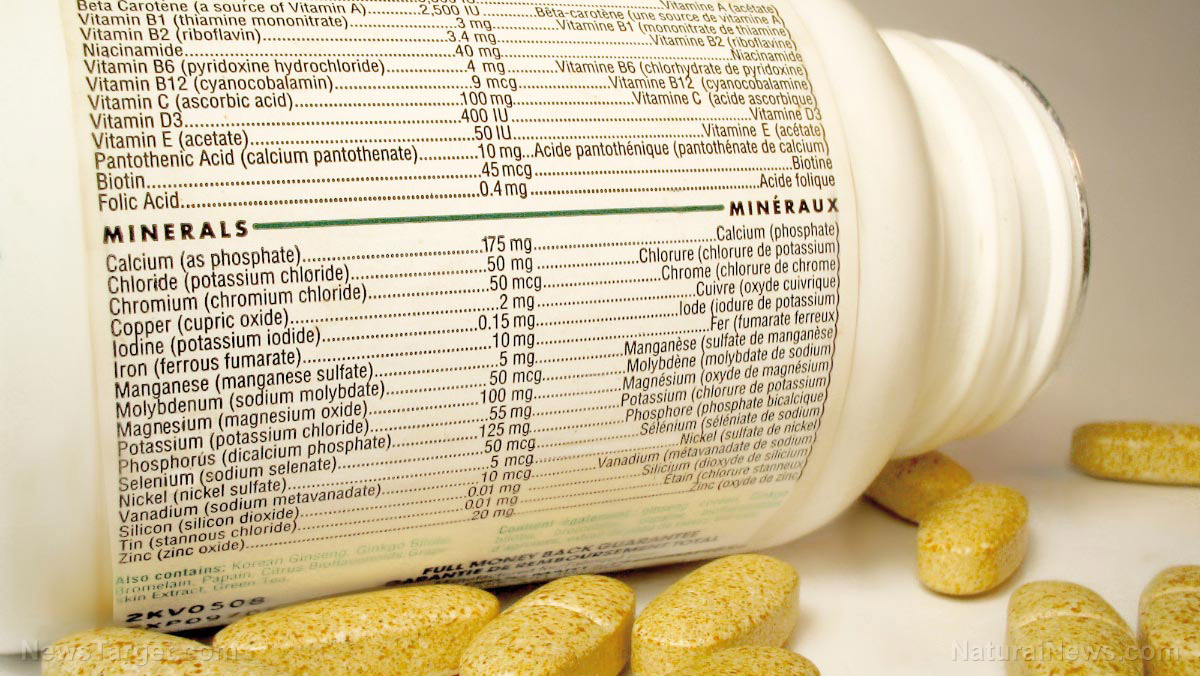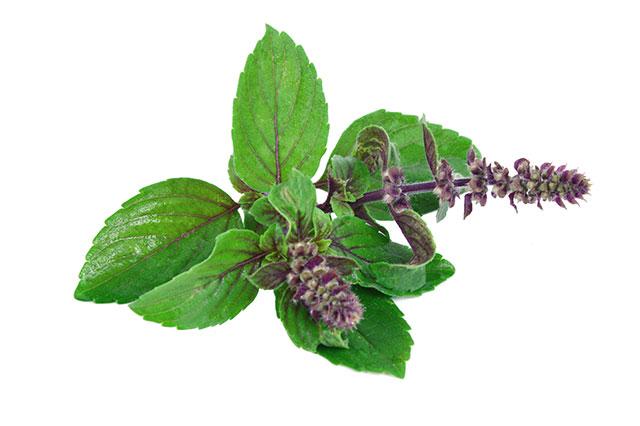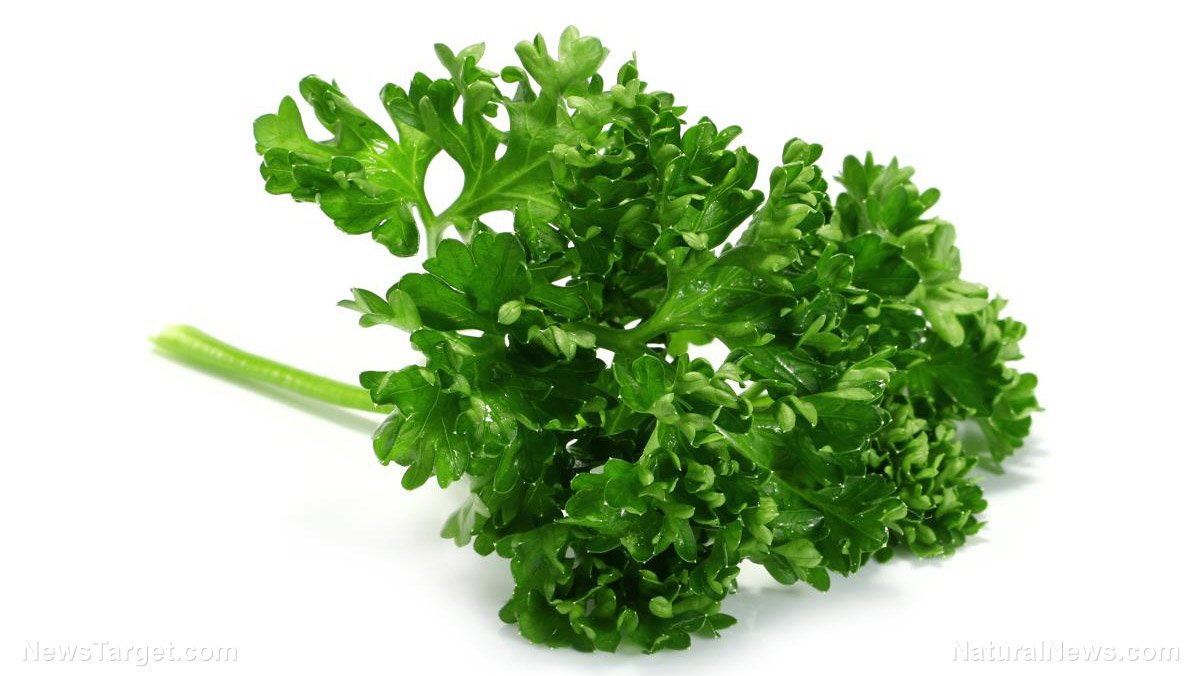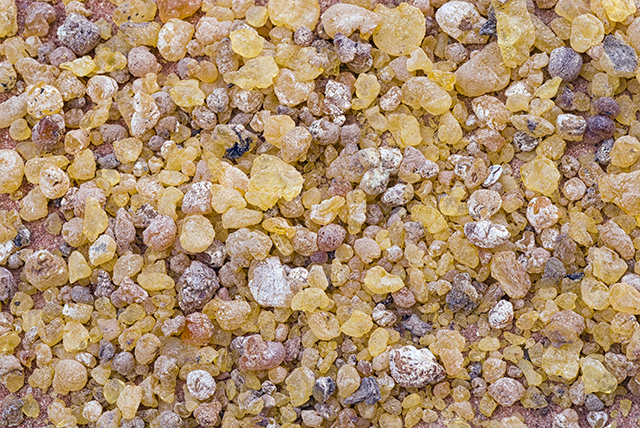Modified citrus pectin is a powerful weapon against prostate cancer
08/29/2018 / By RJ Jhonson

Here’s more reason to like citrus fruits. Modified citrus pectin (MCP) has been found by numerous studies to have the ability to block galectin-3 (Gal-3), a naturally occurring molecule which, in large quantities, could raise your risk for serious health conditions, including heart disease and prostate cancer.
Gal-3 and cancer
You have Gal-3 in your body even if you are healthy. This natural molecule actually performs various beneficial roles, including aiding your immune system in suppressing disease-causing pathogens. It also affects how your immune system reacts to health threats.
However, a rising number of studies agree that Gal-3 also plays a role in the development and spread of cancerous tumors. Normally, Gal-3 molecules are found in small quantities. Their numbers may increase over time as you age or as a result of injuries and chronic illness. Scientists now believe that the concentration of this molecule in your blood could be used as an indicator of the presence of cancer cells or your potential for developing cancer.
Gal-3 molecules normally bind themselves to pathogens, functioning as a pattern-recognition receptor (PRR) and a danger-associated molecular pattern (DAMP). They are found in large numbers in the surface of cancer cells, where they act as adhesion surface proteins that allow cancer cells to aggregate and form into tumors, as well as metastasize through the circulatory system.
Gal-3 also impairs your body’s ability to act against cancer cells. They interrupt the formation of cytokines, a process that is essential for fighting off pathogens and form a biofilm that other cancerous cells and inflammatory compounds can attach to.
Other studies found that elevated levels of Gal-3 may also increase your risk for heart failure and other types of cardiovascular disease. Having high concentrations of the molecule also raises your all-cause mortality rate, which means you are more likely to die from various causes.
MCP and its effects on prostate cancer
Modified citrus pectin, as its name suggests, is derived from pectin in citrus fruits. Pectin is a polysaccharide found in fruits. It is what gives jams and jellies their gel structure and is a popular additive in dishes that need to thicken. Pectin is also used as an alternative to fat in baked goods.
In its natural state, pectin cannot be absorbed by your intestines, which makes it great as a source of fiber. Modified pectin is altered so that its molecules become smaller in size, making them more readily absorbed by your body. It is associated with various health benefits, including the ability to detoxify your body and prevent cancer, particularly, prostate cancer.
A Phase IIb clinical trial presented at the American Society of Clinical Oncology (ASCO) Genitourinary Cancer Conference 2018 found that MCP can slow down or, in some patients, halt the progress of prostate cancer.
The study involved participants who had had surgery or radiation therapy and who were tracking their prostate-specific antigen (PSA) monthly to monitor the recurrence of cancer. Ideally, PSA levels should remain undetectable, but the participants showed increases over the last three months, indicating a possible relapse. (Related: Citrus fruit significantly reduces breast cancer risk in latest systematic review.)
The participants received six capsules of MCP three times a day for six months. Twenty-seven of the first 34 patients to have completed the six-month treatment found the rise in their PSA levels to have slowed down. The results were interpreted as MCP controlling the progress of prostate cancer progression.
What’s more encouraging is the finding that MCP is not associated with any significant side effect, unlike conventional treatment methods like radiation therapy. In fact, MCP has a “generally regarded as safe” (GRAS) designation by the U.S. Food and Drug Administration.
Learn more about natural treatments for cancer at Cancer.news.
Sources include:
Tagged Under: anticancer, citrus fruit, fruits, gal-3, galectin-3, heart disease, men's health, metastasis, Modified citrus pectin, pectin, polysaccharides, Prostate cancer, supplements, tumors




















